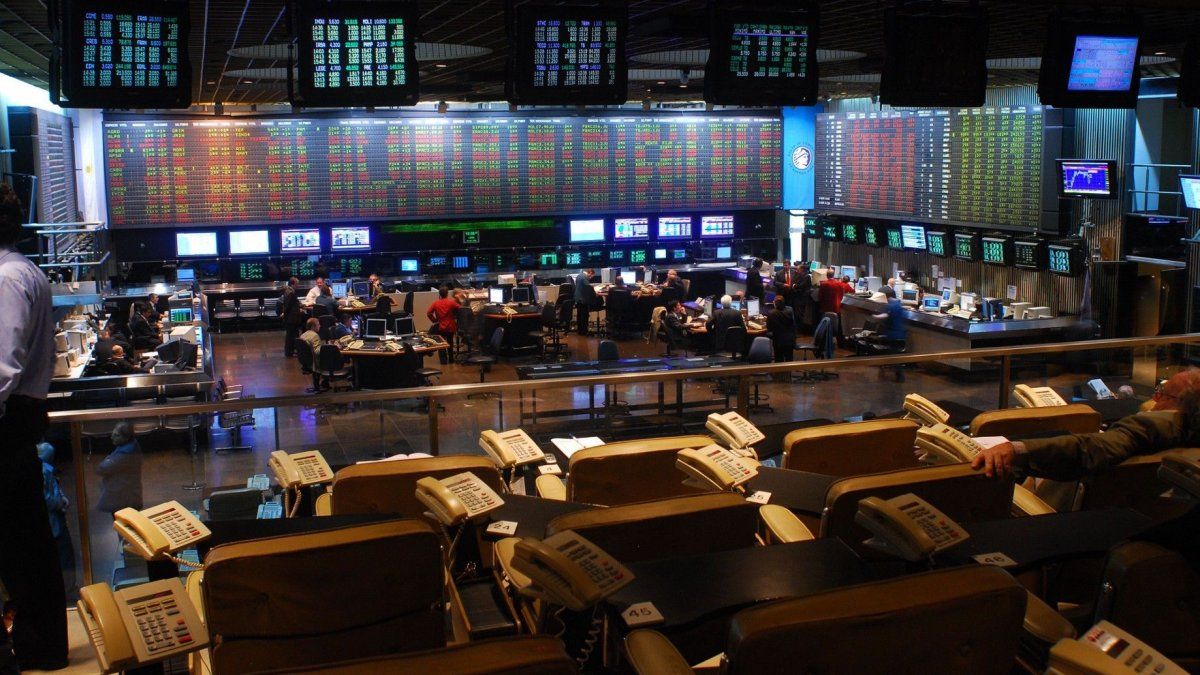The S&P Merval yields 1.09%, to 146,491.68 units, after accumulating a rise of 8.79% between last Friday and Thursday.
“This week has been very good for the country’s main stock market index. Yesterday he added 8 points, recovering a level that he had not touched for 25 rounds. By closing at 482 points measured in US dollars, there are already 25 points accumulated since last week“said Portfolio Personal Investments.
Global investors remained cautious in the hope that the US Federal Reserve will be less aggressive in its interest rate policy.
In the leading panel the casualties lead them YPF (-4%); BBVA Bank (-2.8%) and Supervielle Bank (-2.2%). Among the increases, the papers of Edenor stand out (+2.2%); Mirgor (+1.4%) and Aluar (+0.7%).
Meanwhile, the shares of Argentine companies listed on Wall Street register the majority of declines that reach 4%. They are led by YPF, followed by Banco BBVA (-3.5%) and Ternium (-3.1%).
Bonds and country risk
Sovereign bonds in dollars operate with increases of up to 0.9% led by Global 2030, followed by Bonar 2038 (+0.8%) and Bonar 2030 (+0.5%).
In this context, the Argentine country risk measured by the JP bank. Morgan rises 10 units to 2,599 basis pointscompared to its historical maximum level of 2,976 units recorded last July.
The agency of Fitch lowered Argentina’s long-term sovereign credit rating on Wednesday in one step, going from “CCC” to “CCC-“, so he considered as deep macroeconomic imbalances and a very limited external liquidity position.
The rating agency added that Argentina suffers from a “highly restricted” external liquidity position that it expects will “undermine the ability to pay the debt.”
While, Moody’s warned that the stocks imposed by the Central Bank threaten the normal repayment of corporate debt and noted that they “significantly limit the financing options of companies”. “Most companies and infrastructure companies with debt denominated in foreign currency will resort to a forced debt swap,” Daniela Cuan, senior analyst at Mood’ys Investors Service, warned in a statement.
Source: Ambito
David William is a talented author who has made a name for himself in the world of writing. He is a professional author who writes on a wide range of topics, from general interest to opinion news. David is currently working as a writer at 24 hours worlds where he brings his unique perspective and in-depth research to his articles, making them both informative and engaging.




